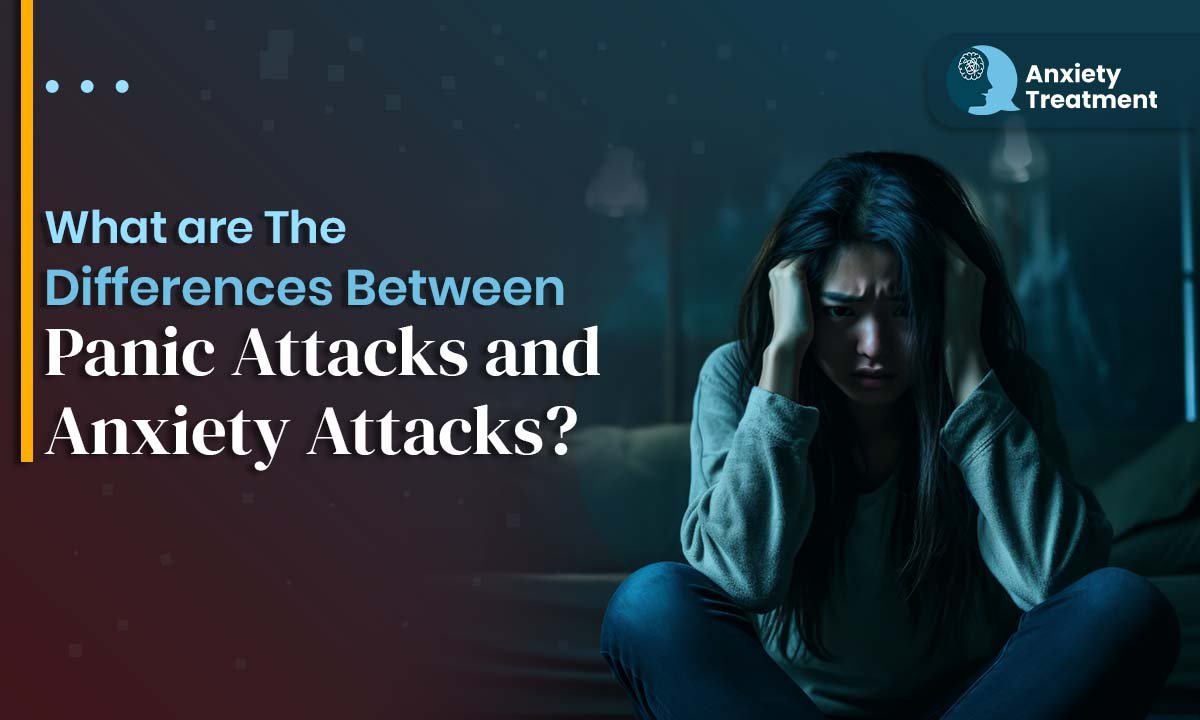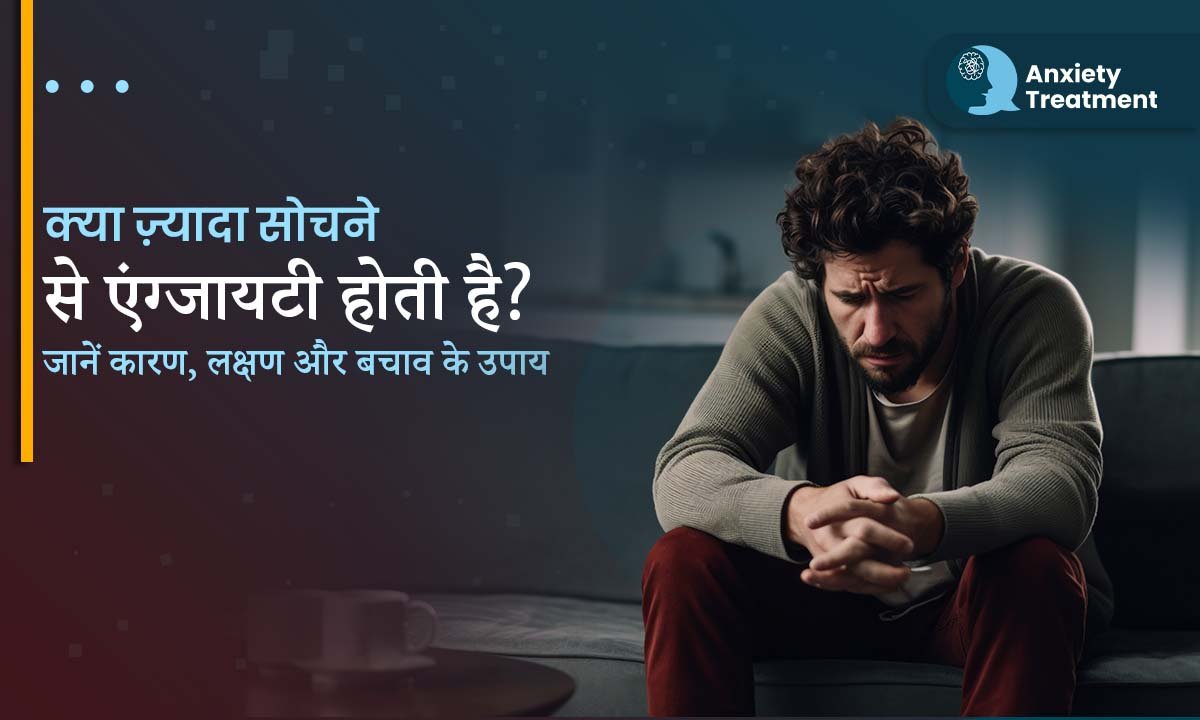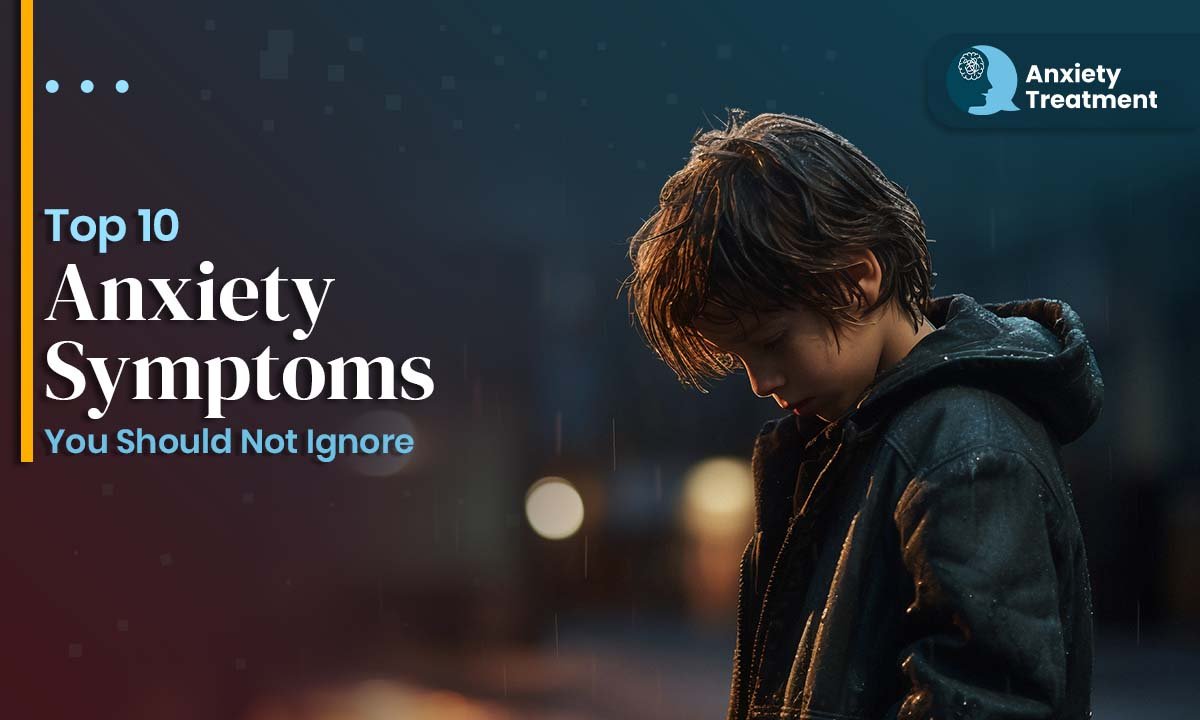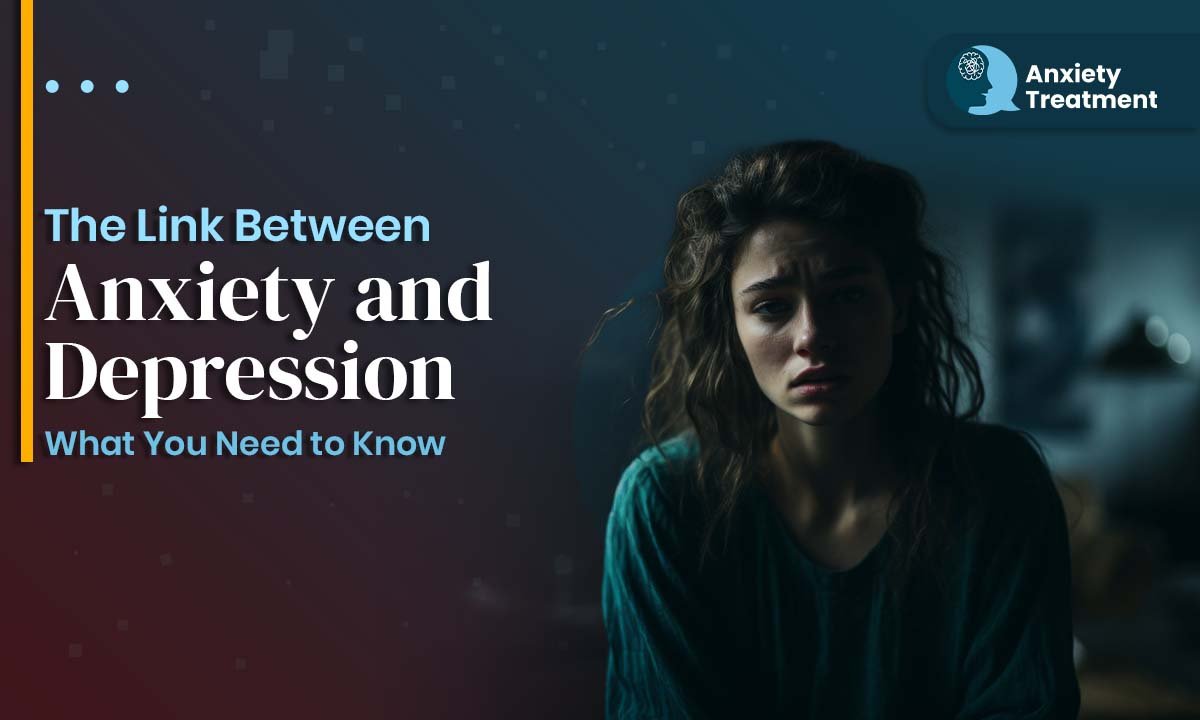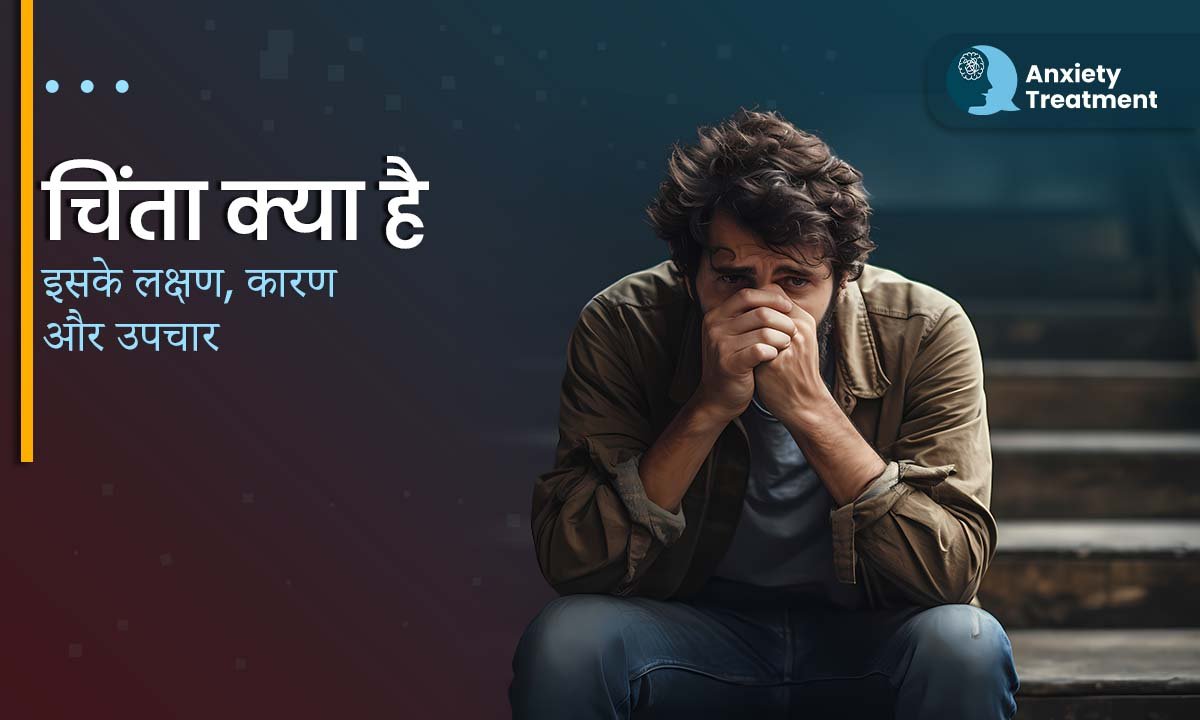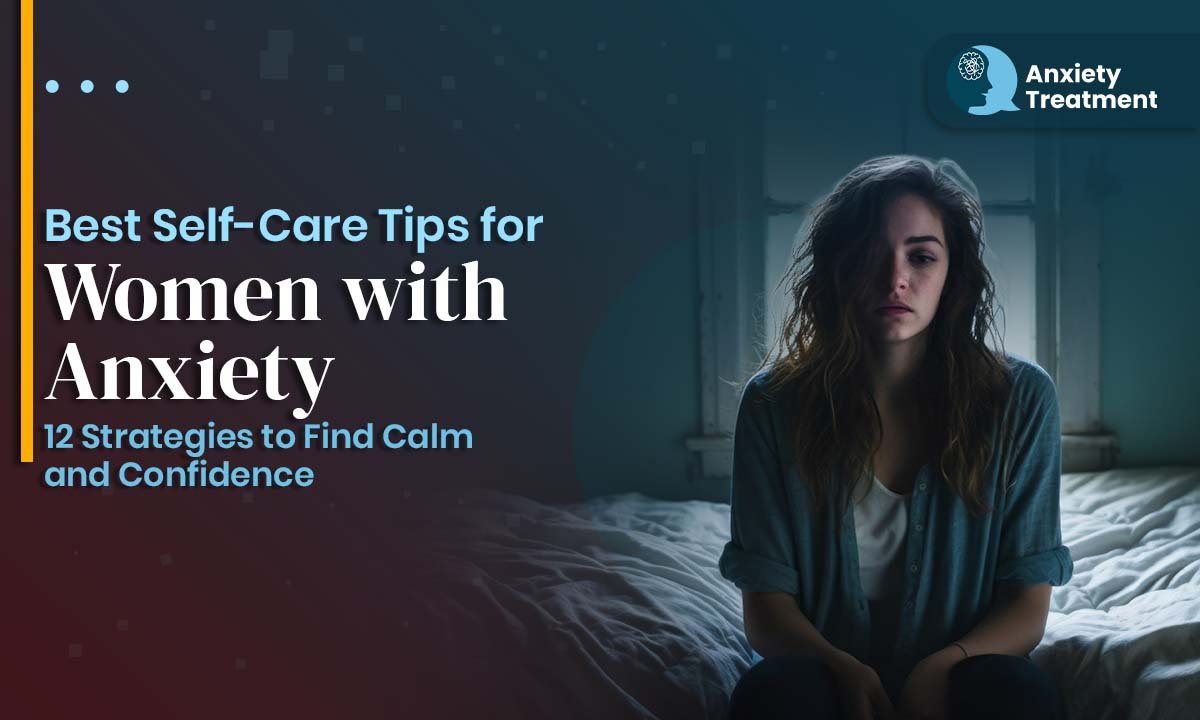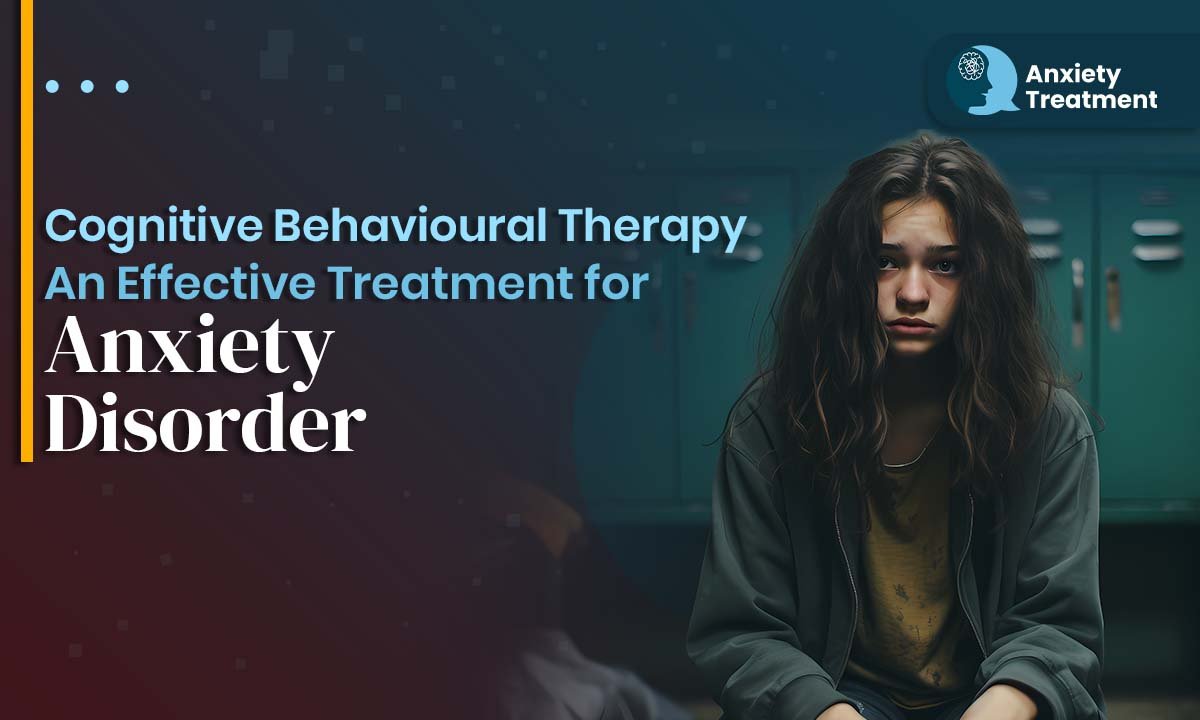Anxiety and panic attacks are the most commonly prevalent mental health disorder globally. So much so that as per the 2019 data, approximately 301 million people worldwide were living with an anxiety disorder, accounting for about 4% of the global population. Youth are mostly affected and lack of awareness often add up to the root cause. Despite commonly coming across the terms like anxiety and panic attacks in our daily lives, there are only a few of us who understand about both mental health problems inside-out for practicing basic preventive measures.
Overview: Panic Attacks and Anxiety Attacks
With the work pressure and stress levels soaring, mental health has become a matter of concern in this fast-paced world. Things have become so problematic that anxiety and depression are taking a toll on our health. Over 14% of India's population is suffering from variations of mental disorders. And it is not just about any region or country; the problem is on the rise globally. Mental health should be our priority as it is going to affect our daily lives adversely sooner or later. In this blog, we will understand the in-depth differences between panic and anxiety attacks, which we interchangeably use, but they are totally different from each other. Let us have a look:
What is Panic Attack?
The sudden episode of intense fear and overflow of emotions, triggering physical reactions, is often a symptom of panic attacks. It can be terrifying because one can experience a loss of control over their reactions and emotions. People who suffer these attacks often say it feels suffocating and breathless, like experiencing a heart attack. It is clinically diagnosed and treated and mostly occurs due to experiencing triggers.
Symptoms of Panic Attacks
- Rapid heartbeat or palpitations
- Sweating
- Trembling or shaking
- Shortness of breath or feeling smothered
- Chest pain or discomfort
- Nausea or abdominal distress
- Dizziness, lightheadedness, or feeling faint
- Chills or hot flashes
- Numbness or tingling sensations
- Feeling detached from reality or oneself (derealization or depersonalization)
- Fear of losing control or going crazy
- Fear of dying
What is Anxiety Attack?
An intense period of heightened anxiety, stress, or worry, often triggered by specific stressors, could be a symptom of anxiety attacks. It happens due to ongoing circumstances like work pressure, relationship problems, hypertension, financial distress, or other similar factors. Though many people use anxiety and panic attacks interchangeably, they have different symptoms. Generally, panic attacks occur suddenly without any prior symptoms, whereas anxiety develops gradually and escalates over time.
Symptoms of Anxiety Attacks
- Persistent worry or excessive fear
- Restlessness or feeling on edge
- Muscle tension
- Fatigue
- Difficulty concentrating
- Irritability
- Increased heart rate (but less severe than in a panic attack)
- Shortness of breath
- Trouble sleeping
Key Differences Between Panic Attacks and Anxiety Attacks
| Feature | Panic Attack | Anxiety Attack |
|---|---|---|
| How it starts? | It is mostly sudden and unexpected without any prior notice | It is slow and gradual build-up. Takes time and stays for a few days or months. |
| Trigger points | Panic attacks can occur without an apparent trigger. It just happens. | Unlike panic attacks, anxiety attacks are aggravated typically by stressors |
| Duration | It peaks within minutes, lasting up to 20 minutes | Anxiety attacks slowly escalate and last for hours or even days |
| Intensity | Extreme, often devastating | Less intense but prolonged |
| Physical Symptoms | Severe physical symptoms, including chest pain, dizziness, and shortness of breath | Milder physical symptoms, often related to tension and stress |
| Psychological Symptoms | Fear of dying, losing control, or going crazy | Persistent worry and fear |
| Recognition in DSM-5 | Recognized as part of panic disorder | Not officially recognized but widely understood |
Best Treatment for Anxiety Attacks and Panic Attacks
Managing panic or anxiety requires several changes in lifestyle, therapies, counseling, and medications. Consulting psychiatrists or psychologists from the nearest rehabilitation center is highly recommended for a permanent resolution of the problem. Here are the best treatment options for anxiety and panic attacks:
Self-Help Strategies:
- Deep Breathing Techniques: There are several breathing techniques that you can opt for. Make sure you have started practicing daily for better results. You can check online or consult a psychologist for the best deep breathing techniques.
- Mindfulness and Meditation: Practicing meditation daily can soothe you, will make you feel calmer and less anxious. So, take out time from your daily routine and opt for mindfulness activities.
- Regular Exercise: Make sure you include at least one physical activity in your daily life to feel better, positive, and energetic. It could be anything, a 20-minute walk, a yoga session, or hitting the gym. Practicing it regularly will make you feel less anxious.
Therapy Options:
- Cognitive Behavioral Therapy (CBT): It is considered to be one of the most effective treatment options because it eliminates negative thought patterns while helping you with coping mechanisms.
- Exposure Therapy: Slowly exposing to triggers that cause anxiety or panic attacks under supervision can be helpful because it reduces avoidance behaviors and desensitizes individuals to stressors.
- Acceptance and Commitment Therapy (ACT): It encourages individuals to accept their anxiety or other mental health problems. It helps in acknowledgment, prevention, and treatment.
Conclusion:
The difference between panic attacks and anxiety attacks is evident and important for us to understand. If you or someone around you resonates with any or some of the symptoms for anxiety or panic attacks, We recommend you visit Athena Behavioral Health you. Get help from the top psychiatrists for permanent treatment. Book your consultation now.

